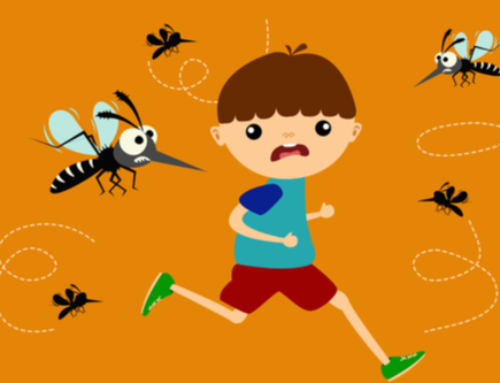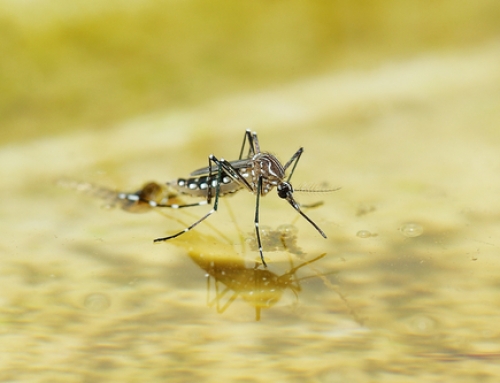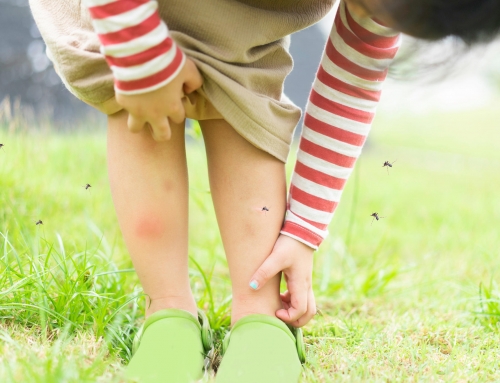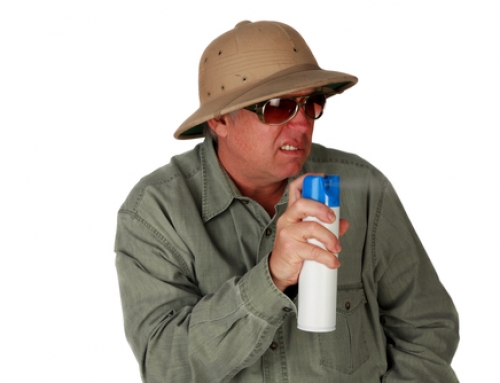Reducing Mosquito Breeding in Charleston, South Carolina
As mosquito control system experts in Charleston, South Carolina, we advise our clients on how they can reduce the risk of being bitten by mosquitos. A mosquito-infested yard limits the ability to fully enjoy your property and increases the risk of contracting infectious diseases. In this article, we will discuss how you can reduce mosquito breeding grounds on your South Carolina property.
What are Some of the Most Common Breeding Grounds for mosquitoes in Charleston, South Carolina?
Mosquitoes lay their eggs in standing water. The adult common house mosquito, which is the breed most commonly associated with carrying the West Nile virus, requires only an inch of standing water to lay its eggs. Therefore, the objective is to reduce their opportunities to find standing water on your property to limit the mosquitos’ ability to thrive.
The most common mosquito breeding grounds include:
Standing Water. Standing water in your yard is akin to an invitation to a day spa for mosquitos. The water that accumulates in and around your yard is all that is needed to get the process of mosquito breeding started. Some common methods of reducing standing water include:
- Turn over or remove all water-holding containers (cans, plastic containers) lying around your yard.
- Drill holes in the bottom of any unused containers so water will not collect.
- Turning over plastic swimming pools and wheelbarrows when not in use.
Bird Baths. Change the water and clean birdbaths weekly to remove organic matter and any mosquito eggs or larvae. Organic matter is a food source for mosquitos and it is imperative to remove it.
Gutters and drains. Remove leaves and twigs from roof gutters throughout the summer. Debris in your roof’s gutters will restrict its ability to drain properly.
Decorative Ponds/Pools. Concrete, stone, or plastic construction is preferable to soil. As previously stated, soil provides a source of food for the mosquito larvae, thus, making the pool or pond an ideal site for breeding. Concrete, stone, or plastic is a barrier between the soil and the water in the pond and lowers the potential food supply.
Water movement in the pond or pool’s surface will discourage females from laying their eggs. Fountains are encouraged for pools and ponds to keep the water moving.
Some fish are known to eat mosquito larvae and are used to keep the number of larvae in a pool or pond at a minimum, if not eliminate them.
What Types of Fish Eat Mosquitos in Charleston, South Carolina?
Various types of fish eat mosquitos including goldfish, koi, orfe, and mosquito fish that ravenously eat larvae at such a pace that they are consumed as soon as they are laid.
The enjoyment of your home and yard is an essential part of summer fun. Cookouts, swimming, and hammock naps are what most of us look forward to during the summer months and the smell of personal mosquito killer repellent is something we seem to tolerate. Mosquitos can ruin an event nearly as soon as it begins so advantage of our free estimate and let the experts at Knockout Mosquito give you back your yard.






